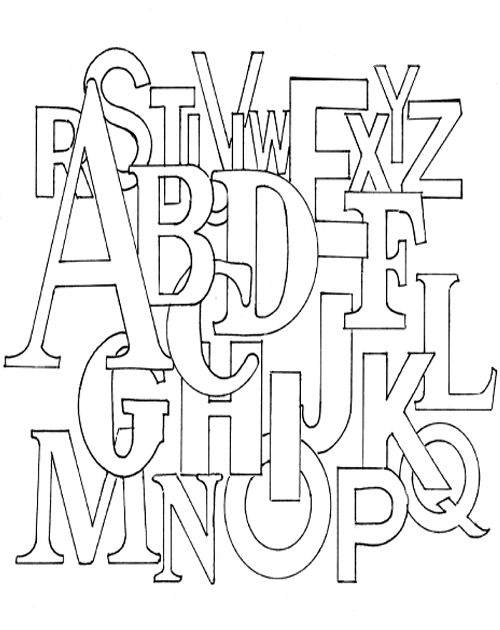While lecturing the other day on correlational research, I had a thought about the famous dictum, "Correlation does not imply causation." No, I'm not going to try to debunk it. But I am going to suggest that it be reworded because the word imply is ambiguous.
One meaning of imply is something like guarantee. This is the intended meaning in "Correlation does not imply causation." The simple fact that two variables are statistically related does not guarantee that the underlying relationship between them is causal. It could be causal, but this is not a sure thing.
A second meaning of imply--which is probably more common in everyday conversation--is something like hint at. So if my wife casually notes how full the trash can in the garage is getting, some might say that she is implying that I carry it out to the dumpster. (Note that I wouldn't say this ... but some might.) So "Correlation does not imply causation" could be interpreted to mean that the fact that two variables are statistically related does not even hint at there being a causal connection between them.
But this isn't right because it does hint at it. For example, if caffeine consumption is correlated with later miscarriages, then this suggests that researchers ought to take a look at caffeine consumption as a possible cause of miscarriages. It doesn't guarantee that caffeine consumption is a cause ... but it could be.
So let me propose a rewording of the old dictum: "Correlation does not guarantee causation."
Subscribe to:
Post Comments (Atom)


1 comment:
well, i prefer the word 'guarantee' too.
This is much more easier to understand!g
Post a Comment